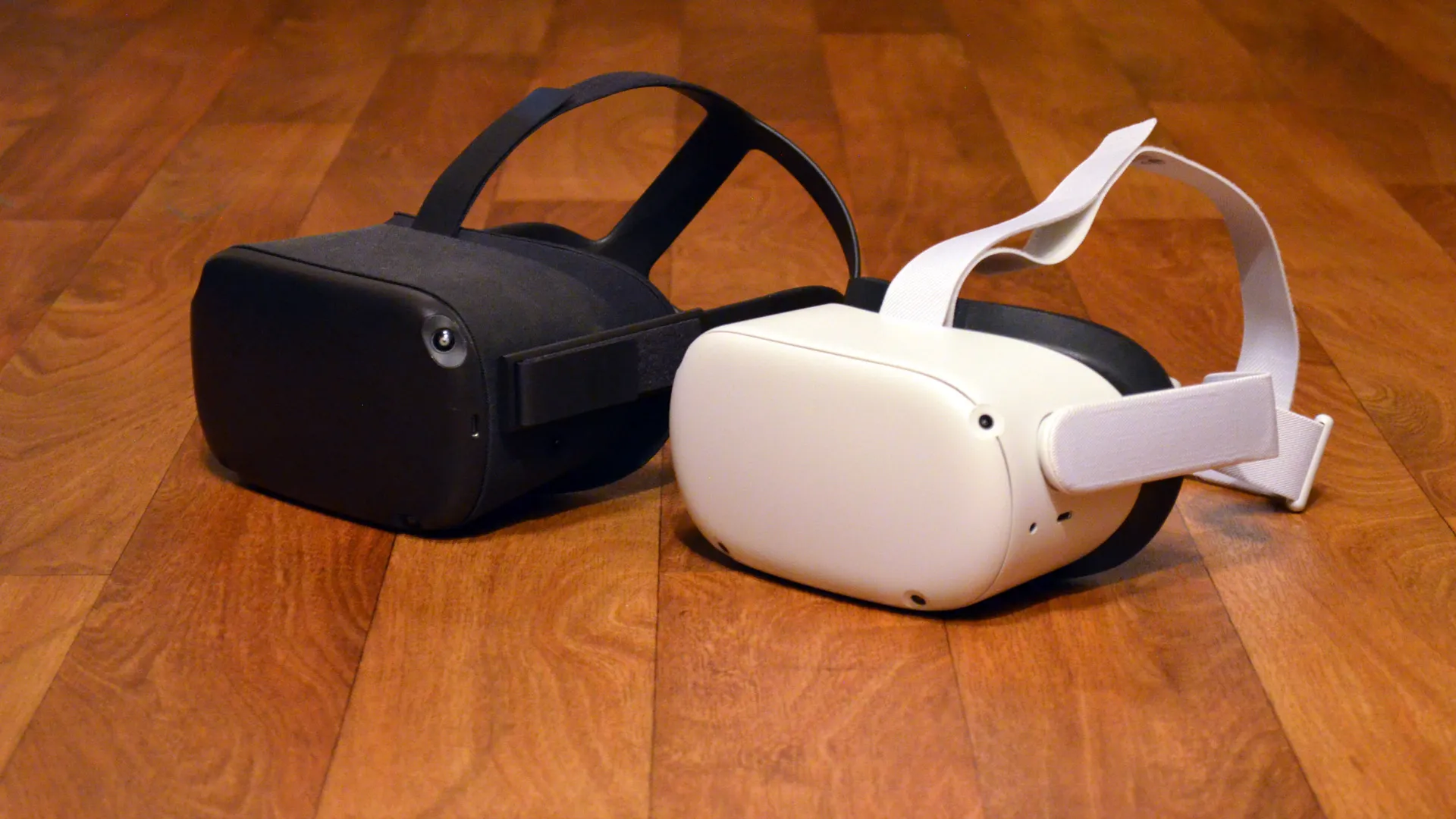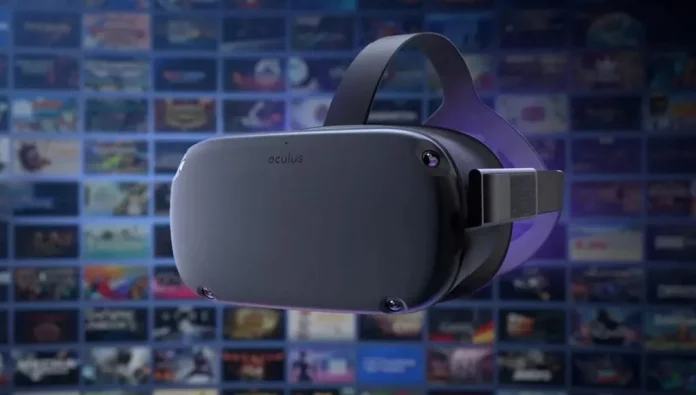Meta said last year that it was discontinuing the original Quest, which was published in 2019. While many new app developers have ceased identifying the almost five-year-old headgear as a supported device, the firm has announced that from April 30th, no new apps will be able to support Quest 1.
The company announced the news in an email to developers, seen below:
Notice to Quest 1 Developers
We are making significant adjustments to Quest 1, as previously mentioned last year. Beginning April 30, 2024, we will no longer support new Quest 1 applications. This implies that new apps produced after this date will not mention Quest 1 as supported hardware.
– You will not be able to upload builds for new apps that only support Quest 1
– Builds for new apps that support other Quest devices along with Quest 1 will be able to be uploaded, but Quest 1 support will be blocked
– New apps will not be listed in the catalog of Quest 1 apps in the Meta Store
– Quest 1 users will not be able to search or purchase new apps created after April 30, 2024
As a reminder, we will continue to maintain the system software with critical bug fixes and security patches through August 2024.
In January 2023, Meta stated that first-party social applications Parties and Meta Horizon Home will no longer support Quest 1, signaling the company’s first moves toward discontinuing its first 6DOF standalone VR headset.
Over a year after the launch of Quest 1, Meta released its successor, Quest 2. The Quest 2 featured higher resolution displays (1,440 × 1,600 OLED vs 1,920 × 1,832 LCD) and a higher refresh rate (72 Hz vs up to 120 Hz) driven by a Qualcomm Snapdragon XR2—a significant upgrade over the Snapdragon 835.

Now in its third generation, with the arrival of Quest Pro in late 2022 and Quest 3 in late 2023, the business has decided to integrate mixed reality passthrough as a headline feature for future headsets.
Given Quest 1’s five-year lifespan, it’s feasible that Quest 2 may follow a similar route, providing developers and users with another year with the admittedly quite useful VR gear. Given that the business is currently offering Quest 2 alongside Quest 3 and Quest Pro, it’s unclear whether its second-generation standalone will die so fast.


